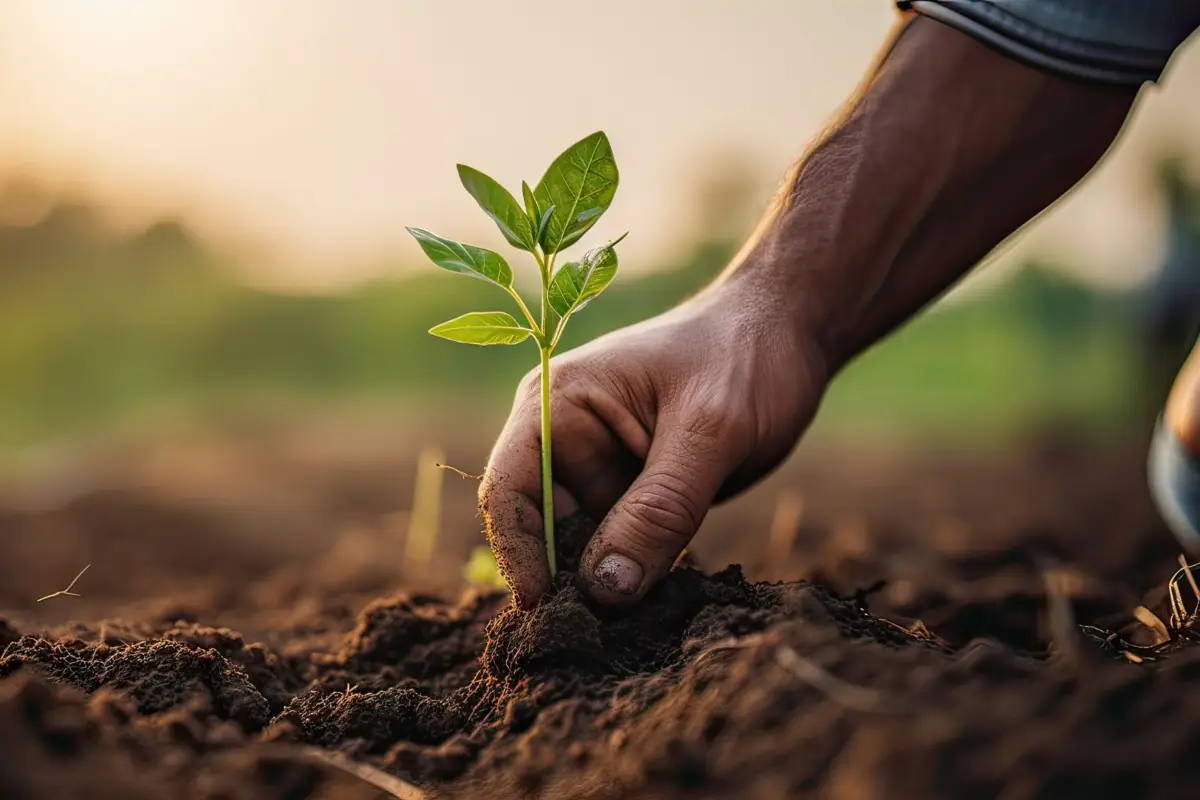
'Competere' presents guide to agribusiness policies
From the think tank a document aimed at European/Allied

As the European elections scheduled for June 8 and 9 approach, stances on topics such as agribusiness, one of the sectors most in the spotlight of insiders and others, are multiplying. Among the most recent interventions is that of Competere, Policies for sustainable development, a policy institute with offices in Rome, Milan and Brussels that conducts analysis and advocacy to promote global trade, innovation and resilient and sustainable supply chains to promote sustainable food.
The organization has just unveiled the "Strategic Policy Guide for 2024-2029," designed specifically for the European agrifood sector. It is a set of "essential principles" intended to garner the support of future representatives in the European Parliament, serving as a roadmap for their future efforts".
The agrifood supply chain -Competere writes- deserves a prominent position on the European policy agenda. The last five years have seen a systematic marginalization of farmers, entrepreneurs, workers and researchers in the agriculture and food sector, unfairly blamed for the climate and health crises".
The rigidity shown -the paper continues- in not adjusting the Green Deal and in particular the Farm to Fork strategy during critical events such as pandemic, supply crises, high inflation and geopolitical crises, attests to a lack of flexibility and scientific pragmatism. Moreover, these policies have indirectly strengthened the economies of competing countries such as China, India, the U.S. and some Gulf states, to the detriment of Europe".
The consequences are visible," the note adds, "desertification of the countryside, closure of farms, relocation of food companies out of Europe, and consumers forced to opt for lower quality or more expensive food from abroad. Although promising, GreenTech involves significant costs and is not alone sufficient to solve the global food challenge. Therefore, it should be considered a crucial, but not unique, component in a balanced approach toward sustainability."
"It is essential -the document continues- that investments in this technology are part of a gradual transition strategy, which includes their use in production processes in order to optimize the cost-benefit ratio, thus ensuring that the benefits outweigh the costs without overloading either the economy or consumers. Furthermore, they must aim to give Europe a competitive edge over our current dependent competitors in China, India and the US".
We call on future aspiring representatives in Parliament and the European Commission to commit themselves to promoting and achieving the following goals," writes Competing in the document listing a number of areas and key points of a new strategy.
For agriculture, the demands, among others, are:
- putting the agri-food sector back at the centre of the European political agenda;
- enhancing the production capacity, resilience and efficiency of European agri-food chains, so that Europe can achieve and maintain global leadership;
- stimulate and safeguard European agriculture and the food industry in a synergistic action: the EU must support and protect its "key productions" also through export agreements and global agreements;
- promoting a European plan for food security and self-sufficiency, while pursuing economic, social and environmental sustainability;
- encourage policies for the production and export of European food products, both to the more advanced markets and to the most depressed areas to ensure food security;
- counteract all phenomena of food counterfeiting and deception for consumers, ensuring that European agrifood excellence does not suffer unfair competition from 'look alike' and 'taste alike' products;
- ensure that the revision of EU animal welfare legislation balances animal welfare adequately with the sustainability and socio-economic implications of the livestock sector;
- investing in the development of production techniques and technologies (AI and iot) aimed at improving productivity and mitigating the impact of climate change. Europe must be a leader in agri-tech solutions, encouraging the spread of agri-food start-ups;
- not preclude imports of raw materials and food from abroad, ensuring that they are resilient, sustainable and comply with the same rules as domestic production.
encourage the transition to more advanced production and food systems, which must take place in synergy with the maintenance of a balance between economic, social and environmental sustainability; eliminate any form of prejudice, whether of a geographical, ideological, political or commercial nature, to any type of nutrient, ingredient or food product grown, produced or imported in Europe; encourage the consolidation and further development of the agri-food sector through the efficiency of supply chains and greater transparency to block potential speculation in the bud;enhancing both traditional local products and European industrial productions that stand out for their quality and sustainability; stimulating and unlocking investments along the food chain in order to support practices, innovations and research to make the European production model more efficient and sustainable.
enhancing the capacity of citizens to make informed and informed choices to follow a balanced diet;reduce obesity, which now has all the traits of an invisible pandemic, with very high costs on European national health systems, productivity and the well-being of citizens; overcoming the policies against obesity adopted to date;discourage the use of purpose fees.
EFA News - European Food Agency